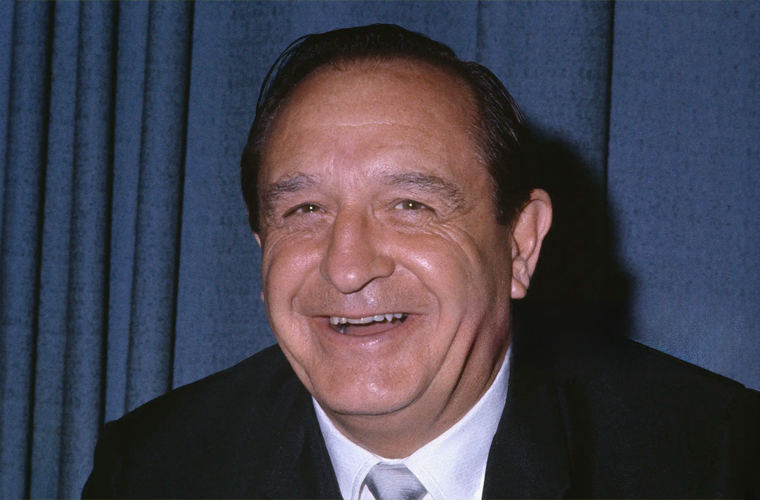Orval Eugene Faubus, a prominent figure in American history, is best known for his role as the Governor of Arkansas during the tumultuous period of desegregation in the 1950s. While his actions during the Little Rock Crisis thrust him into the national spotlight, Faubus’s career is marked by a complex mix of controversy and leadership. This article will examine Faubus’s life, political career, and the lasting impact he had on Arkansas and the United States.
Born on January 7, 1910, in Combs, Arkansas, Faubus grew up in a modest farming family. His humble beginnings shaped his worldview and instilled in him a strong sense of rural values. After graduating from high school, Faubus attended the University of Arkansas, where he studied journalism and political science.















Faubus’s political career began in the late 1930s when he worked as a clerk in the Arkansas House of Representatives. In 1938, he successfully ran for a seat in the state legislature, marking the beginning of his long and influential tenure in Arkansas politics. Over the next decade, Faubus held various positions within the state government, including serving as an administrative assistant to the governor and as a member of the State Highway Commission.
Faubus’s legacy is largely defined by his controversial actions during the Little Rock Crisis of 1957. In an attempt to prevent the integration of Little Rock Central High School, Faubus called upon the Arkansas National Guard to block nine African-American students from entering the school. This move defied the Supreme Court’s ruling in Brown v. Board of Education and sparked a national debate on civil rights. Faubus’s actions drew both praise and condemnation. Supporters applauded his stance against desegregation, while critics accused him of promoting racism and obstructing justice. Ultimately, President Dwight D. Eisenhower intervened by federalizing the Arkansas National Guard and ensuring the students’ safe entry into the school.
Despite the controversy surrounding his actions during the Little Rock Crisis, Faubus continued to serve as Governor of Arkansas until 1967. During his tenure, he focused on improving education, infrastructure, and economic development in the state. Faubus also played a significant role in shaping Arkansas’s political landscape, as he was instrumental in transitioning the state from one-party Democratic rule to a more competitive two-party system.
While Faubus’s actions during the Little Rock Crisis remain a stain on his legacy, it is essential to recognize his broader contributions to Arkansas and American politics. His leadership and advocacy for rural communities helped shape policies that benefited farmers and working-class citizens. Additionally, his tenure as governor witnessed significant advancements in education and economic growth in the state.
Orval Eugene Faubus’s life and political career were marked by controversy and leadership. His actions during the Little Rock Crisis thrust him into the national spotlight and forever shaped his legacy. While his opposition to desegregation remains a dark chapter in American history, it is crucial to acknowledge Faubus’s broader contributions to Arkansas and his advocacy for rural communities. As we reflect on his life, we must remember that history is often complex, and individuals should be judged by the entirety of their actions and their lasting impact on society.

